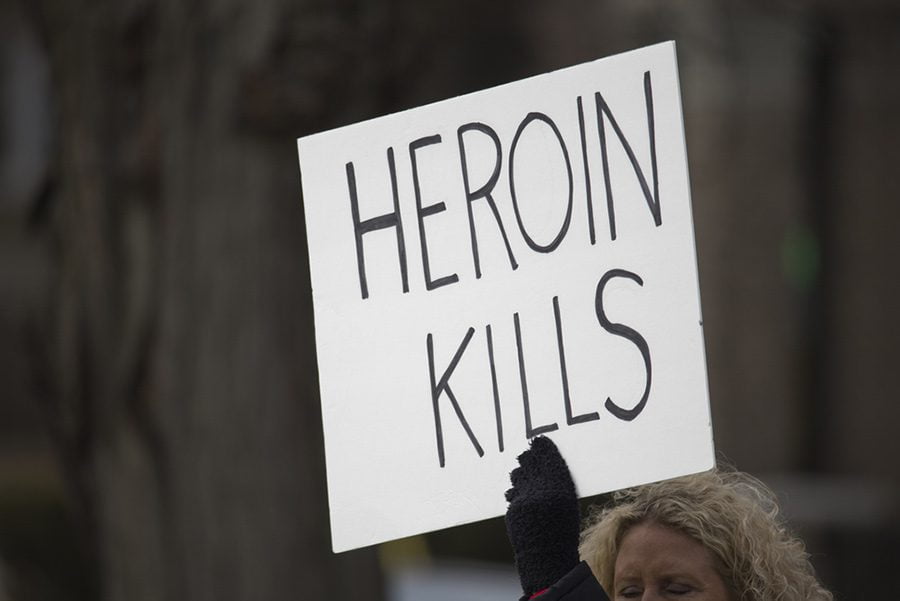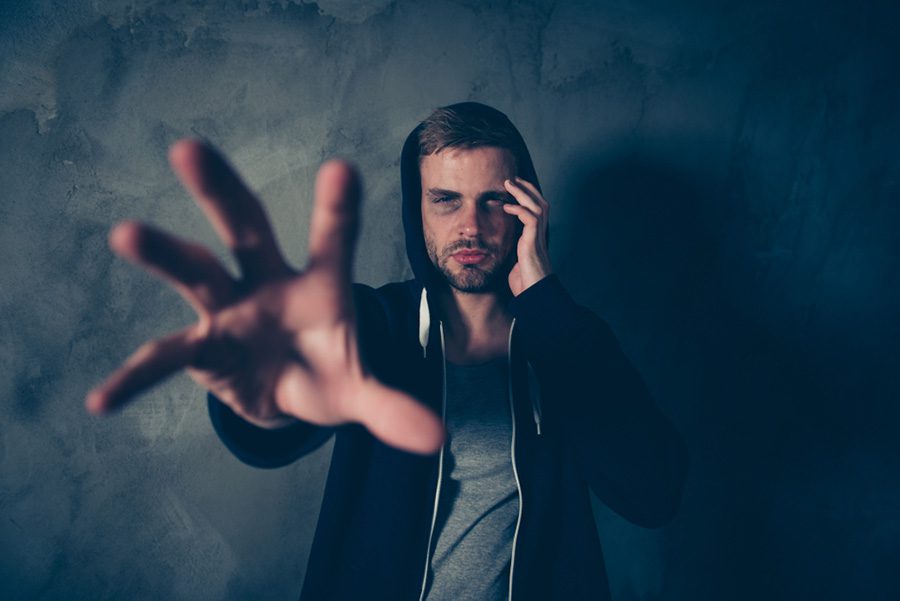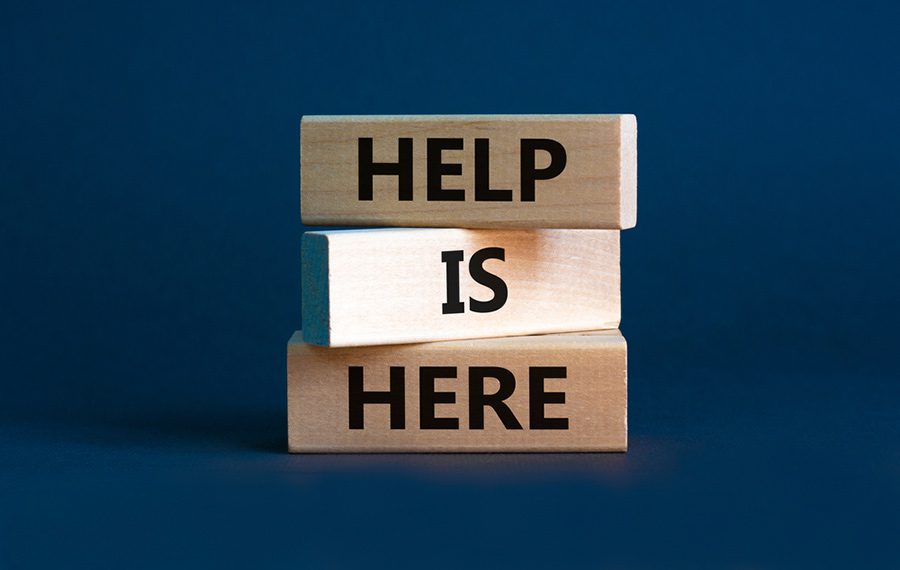7 Reasons To Seek Addiction Treatment
Substance use disorder, which is more colloquially known as drug addiction, is a serious mental...
toll free: 844.955.3042
local tel: 561.464.6505
fax: 561.450.6637
info@recointensive.com
RECO Intensive
140 NE 4th Avenue
Delray Beach, FL 33483
Heroin addiction, also known as heroin use disorder, is a mental health disorder deemed clinically significant when a person compulsively continues to abuse heroin despite the fact that it is causing them significant negative consequences.
The drug heroin is made from the opium poppy plant. It can come in a white powdered form or in a darker colored stick form known as “black tar heroin.” It works by crossing the blood brain barrier and acting on the opioid receptors in a user’s brain, giving them a euphoric “high” and reducing their feelings of both mental and emotional pain.
This makes it exceptionally attractive to people with traumatic pasts and those who have co occurring disorders affecting their mental health, one of the biggest risk factors for drug abuse of any kind. The symptoms of these mental illnesses are temporarily relieved by the person’s heroin use, so substance abuse can quickly become a habit as the person struggles to manage their co occurring disorders.
If you are interested in understanding heroin addiction, learn more in the sections below, which explore signs of heroin abuse, heroin withdrawal symptoms, signs and symptoms of a heroin overdose, and ways that a heroin user can reduce the risks of their drug use and seek appropriate treatment.
Someone who is addicted to heroin may show certain telltale physical symptoms, including flushed skin, extreme itching, or constricted pupils. You may also notice signs and symptoms having to do with the person’s method of drug use, such as a runny nose if the drug has been snorted or needle or “track” marks on their skin caused by repeated drug injection. Since heroin abuse can result in loss of appetite, you may notice weight loss in habitual users as well.


Behavioral symptoms of heroin addiction can include signs and symptoms related to being high, such as appearing unusually relaxed or euphoric, appearing confused or disoriented, appearing drowsy or falling asleep, slurring their speech, or having lower impulse control.
Other addiction signs might result from efforts the person is making to hide their addiction, such as wearing long sleeves to hide track marks. Then, there are lifestyle signs like a person asking for excessive amounts of money or disappearing for long periods of time, or losing interest in or failing to adequately handle other aspects of their lives because they are so consumed by their drug abuse.
It’s also important to note that one of the major risk factors for heroin use is a dependence on prescription opioids, which have a similar but less intense effect than heroin does. According to CDC informational posters, as many as one in four people who are prescribed these drugs ultimately become addicted to them, and many of those users will later turn to heroin as a cheaper and more potent way to abuse opioid drugs.
These prescription drugs can have significant dangers in and of themselves, and may be abused by heroin users who are trying to satisfy a drug craving but do not have access to heroin. Thus, possession of these other drugs in someone who has not been prescribed them could be a sign of heroin addiction.
Heroin addiction is so difficult to recover from precisely because heroin withdrawal symptoms are so difficult to deal with. The physical dependence that most heroin users develop on the highly addictive drug means that these withdrawal symptoms tend to be relatively severe, though they are not usually physically dangerous.


Symptoms of heroin withdrawal include:
And, of course, an extreme craving for heroin. Luckily, medications can be prescribed that can lessen the severity of these cravings and symptoms, so they are no reason to face the risk of everything from kidney disease to heart failure if one continues to use heroin.
Besides the danger of developing physical dependence and the danger of contracting blood borne pathogens from intravenous heroin use if proper infection prevention procedures are not taken, one of the reasons that heroin addiction is so life threatening is because it comes with one of the highest risks of overdose relative to other drugs.
Symptoms of heroin overdose include:
If you notice any of these symptoms in someone who has been using heroin, it is essential to procure proper medical care immediately. Even if you are able to revive the person with an overdose reversing drug like Narcan, the symptoms of overdose may resume after their first dose wears off and the person may need to be revived again. This means that the person should be continuously evaluated and consistently monitored for at least a few hours after the initial OD.
While sobriety is always the best option when it comes to heroin abuse, it can also be important to help people who are not reading to seek treatment for their addiction to stay as safe as possible until they are ready to pursue recovery. Intravenous use, in which heroin enters the body via injection, is the most dangerous form of heroin use, so, alternate methods of consumption should be encouraged whenever possible.
However, some simple hygiene guidance can make intravenous use much safer for those who do not feel like they have the option, such as making sure that needles are probably sterilized in between uses. Users should also immediately dispose of their soiled needles rather than leave them in a place where they could theoretically pose a risk to bystanders.
In a more radical measure that some more progressive countries have embraced, there’s also the concept of a needle exchange program. In this harm reduction measure, patient care supplies like clean needles are kept in proper and secure storage and given to patients who are willing to surrender their used, dirty needles. Similarly, safe injection sites offer addicts medical supervision while they are using drugs, making the risk factors of a fatal overdose far lower.
Another important harm reduction matter is making sure that treatment for any blood borne illness that someone has contracted using heroin is started as early as possible, which is made possible by frequent testing—contact your local health department regarding symptom screening protocols.
As harrowing a form of substance abuse heroin addiction is, like any other drug addiction, it is one that many people eventually do learn to control. Training in skills like identifying one’s triggers and using alternate coping mechanisms can help patients to break free of their psychological dependence on the drug, while medication assisted treatment can often be of great help to patients who are physically dependent.


If you are currently struggling with heroin addiction, or if you are a family member or other concerned person who is worried about someone who is struggling with a dependency on heroin or on other substances, consider exploring addiction treatment at Reco Intensive. In addition to the top notch treatment that we provide, it’s worth noting that our Delray Beach, Florida location provides a favorable warm weather climate perfect to foster holistic wellness in an addicted person starting their recovery journey.
Our intensive outpatient addiction program also allows our clients to remain connected to their everyday lives even while they are undergoing high quality addiction treatment instead of being limited to on site visitation with family members if they are in a residential program. We are also equipped to treat any underlying mental illness that may occur alongside substance abuse problems.
Though the pandemic may be discouraging some drug abusers from seeking help, a second pandemic of drug overdoses that has killed over a hundred thousand Americans makes it clear that there is no time to waste in terms of seeking help for addiction.
Our staff maintain proper distance from our clients and are equipped with personal protective equipment items to reduce the potential spread of the coronavirus, and heightened preventative measures and physical distancing strategies make ours an unusually safe facility.
We also offer virtual intensive outpatient for clients who are concerned about contagion or otherwise feel it would be better suited to their lifestyle. To learn more about how Reco Intensive’s comprehensive treatment program can help your loved one find their way to a brighter future, call us anytime at 844.955.3042.